Retinol has long been the go-to for achieving your best skin, but here’s why research suggests you should consider bakuchiol.
Anyone who’s looked into treating fine lines, acne, or hyperpigmentation has probably encountered the skincare staple: retinol.
If you’re unfamiliar, retinol is the classic ingredient used to reverse signs of aging. The drawback? It can be fairly abrasive on the skin and over time your skin may adapt, reducing its incremental benefits. That often means increasing the strength of the product to maintain the same smoothing effects. That’s a significant commitment for your skin.
Recently, another ingredient has been gaining attention as retinol’s milder counterpart that still packs a punch. Bakuchiol (pronounced buh-KOO-chee-all) is a botanical extract that beauty outlets are labeling a natural, less irritating, vegan-friendly substitute.
But could it genuinely match the benefits of dermatologists’ preferred option? We looked to experts and scientific studies to find out.
First, what is retinol and why is it effective?
Retinol is the cornerstone of skincare for reducing wrinkles, fine lines, and lackluster skin. It’s the third-strongest form of retinoid, a vitamin A derivative, that encourages cell turnover and boosts collagen synthesis. Research indicates it can lead to smoother, firmer, and generally more youthful-looking skin.
Translation: your skin concerns? Handled!
Types of retinoid There are five kinds of retinoids, each with different levels of potency. Retinol is the third strongest over-the-counter choice, while tretinoin and tazarotene require a prescription.
Yet despite its popularity among many—really a lot—of people, retinol can be too aggressive for those with sensitive complexions.
Studies report side effects such as burning, flaking, and dermatitis. Given an ingredient that can diminish in effectiveness over time, this isn’t ideal for those who must apply it consistently. These drawbacks are part of what sparked interest in bakuchiol.
Is the buzz about bakuchiol warranted?

Bakuchiol is a botanical extract that reportedly has a history of use in traditional Chinese and Indian medicine.
“It’s an antioxidant found in the seeds and leaves of the plant Psoralea corylifolia,” says Dr. Debra Jaliman, assistant professor in the dermatology department at the Icahn School of Medicine at Mount Sinai. “Research indicates bakuchiol may help prevent fine lines and wrinkles, and improve pigmentation, elasticity, and firmness.”
“It acts on some of the same pathways as retinol, which is why many call it a natural retinol substitute,” explains Dr. Joshua Zeichner, director of cosmetic and clinical research in dermatology at Mount Sinai Hospital.
Those overlapping effects help explain why it’s being compared so closely to retinol.
So what gives bakuchiol an advantage? As noted, it’s a natural option, meaning it tends to be less irritating and appeals to those seeking vegan, clean-label products or who have conditions like eczema, psoriasis, or dermatitis.
“Bakuchiol is not a vitamin A derivative and therefore tends to be less irritating than that class of ingredients,” dermatologist Dr. Purvisha Patel notes. A small trial supports this: in that study, participants using retinol experienced more stinging and rougher skin texture.
Should you switch to bakuchiol?
The choice depends on individual skin needs and personal preferences about skincare.
“[Bakuchiol] has the benefit of not provoking irritation,” says Zeichner, adding there’s no major harm in trying bakuchiol. “However, whether it’s truly as potent as traditional retinol remains uncertain.”
Jaliman suspects “you won’t get the identical results as retinol.” Patel concurs. A 2006 review points out that retinol has been researched since 1984 and has been evaluated in many more participants than bakuchiol.
You might already be using retinol If your product promises to smooth fine lines, there’s a good chance it contains some retinol. If it’s not highlighted on the label, the concentration is likely low and it may appear near the end of the ingredient list.
“There isn’t extensive data on [bakuchiol] yet, though it looks promising,” says Patel. “Retinol, on the other hand, is a tried-and-true component that performs as expected at established concentrations. So for now, retinol remains the gold standard for a reliable, effective ingredient to minimize fine lines and wrinkles.”
In short
Trying bakuchiol is reasonable, especially if you have sensitive skin or are already using multiple topical prescriptions. “It can also serve as a beginner-friendly option,” Zeichner adds.
For those with more tolerant skin, combinations are possible depending on the products selected. “Once your skin adjusts, you could introduce retinol later. In some cases, using both bakuchiol and retinol together can offer additional benefits.”
Ultimately, the two ingredients are more similar than they are different; neither is definitively superior. “Similar” is the word experts often use to compare them. With appropriate products, you might not need to choose exclusively between the two.
For skincare product collectors, that’s probably the nicest beauty news yet.

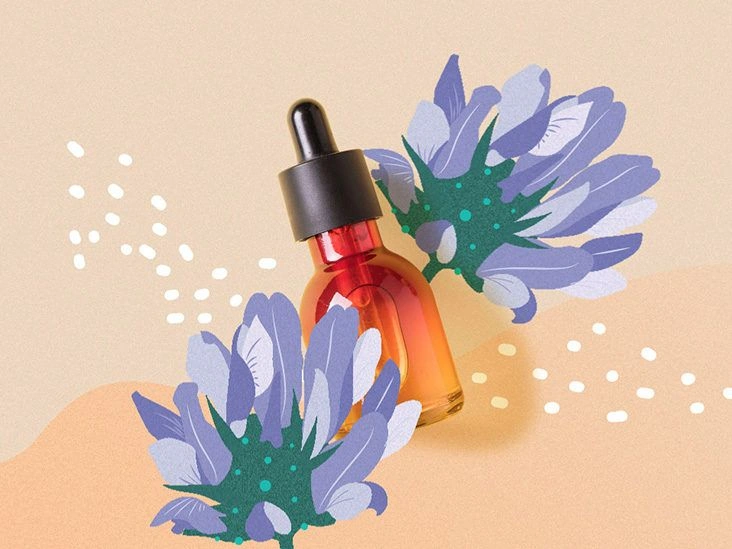
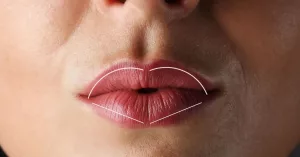
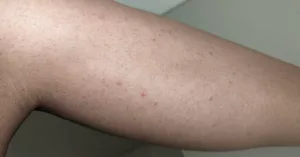

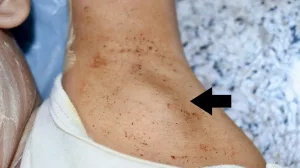

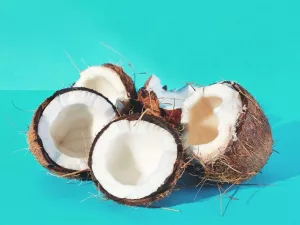

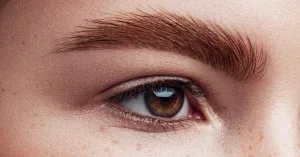

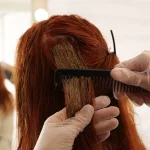
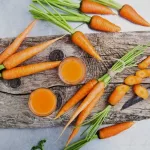








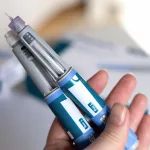

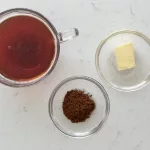

Leave a Reply
You must be logged in to post a comment.